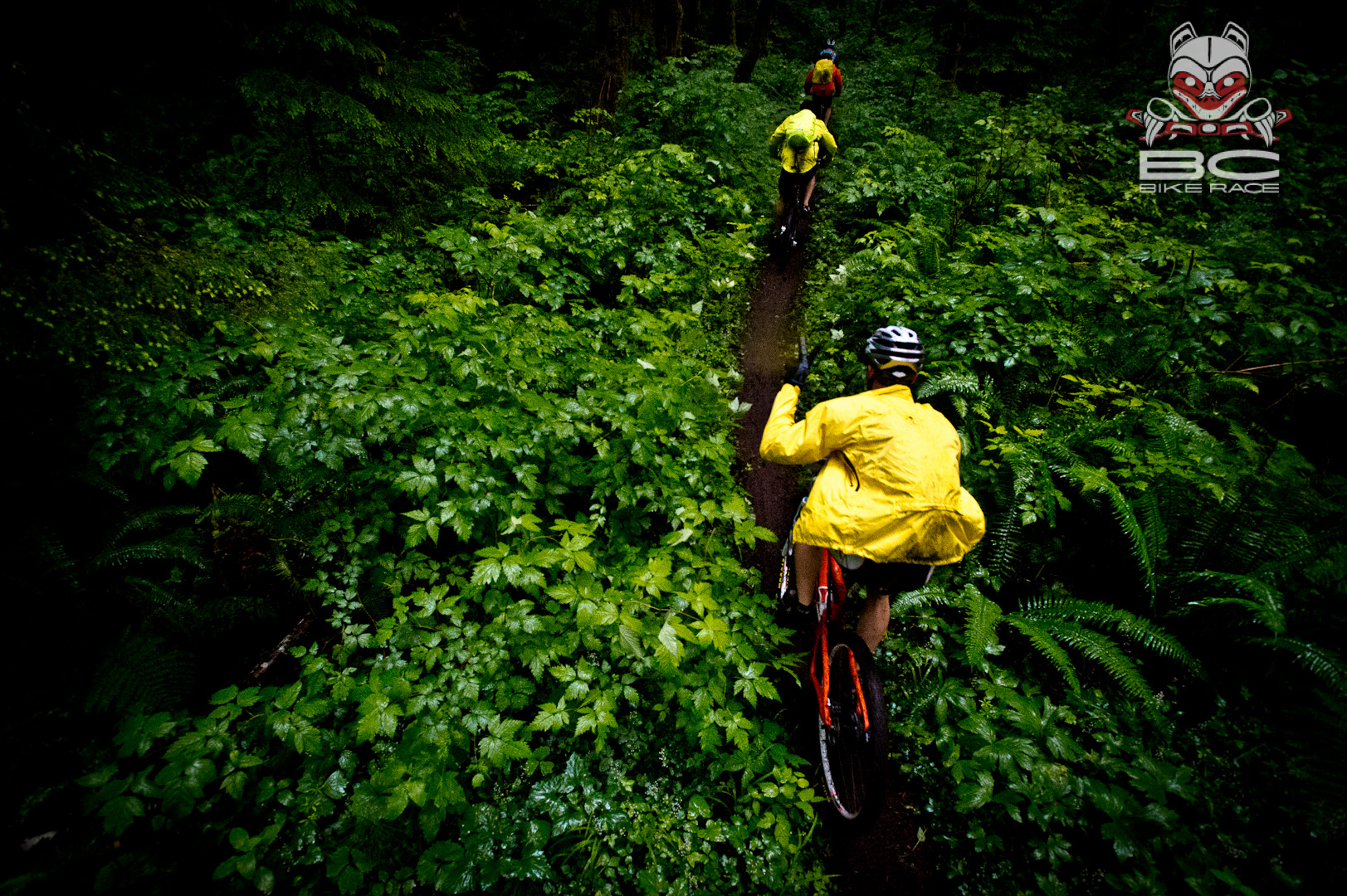It is December and we are approaching a new year; this is a great time to set goals and begin a fresh page. But before we move forward, let’s take an inventory; what did you do last summer? What have you been doing for the fall? And where are your strengths and weakness?
Usually, as we approach the holidays expecting indulgence – it’s the norm – so it’s best to put in a little effort a couple weeks beforehand to balance it. Pushing up our mileage and hitting the gym, or whatever cross-training you have on the go, with more focus and determination now allows us to let down our hair and enjoy the holiday cheer that Christmas and New Years bring.
Looking back we will need to let last year go and find a phase of rest to begin our preparation for the upcoming year. Two to three weeks of low effort should get you back to a fully recovered state; this is usually best done in October or November. Once that is finished we begin “general training” (i.e. your heart and lungs don’t know the difference between skating, cross-country skiing, hiking or going to the gym) but your legs need a rest from the repeated circles that they have been doing. It should be noted that cycling is generally non-weight bearing and athletes do need to do some weight bearing exercises to compliment the whole picture.
As we move past the holidays feeling rested and generally fit, we must consider our local geography and weather conditions with an eye to the future. What will set us up best for the race using our natural surroundings to prepare? If you have snow, then consider touring, cross-country skiing, and/or snowshoeing. If you have milder conditions perhaps hiking, running, swimming, and/or yoga. And, of course, in any conditions, there is always the trusty gym. When it comes to gym work, it’s best to dedicate a minimum of three months to the gym going three times a week with a focus on the strength or to view it as supplementary core and movement work.
Either you are using the gym as a strength phase or you are building your aerobic capacity with copious amounts of low to mid volume exercise. This is the focus of “general” preparation; rounding out the imbalances of a cycling summer and getting the body ready for a future load of repetitive yet necessary cycling base miles.
48 hours is generally required between bigger efforts, while low volume activities can be repeated back to back with a focus on endurance. Think about the amount of muscle breakdown, what you should eat for recovery, and then consider the required rest. For example, don’t do leg weights on Monday, Wednesday, and Friday and then go downhill skiing on Sat and Sun – there isn’t enough recovery. If skiing is in your weekend plans then skip Friday weights and do something else. And don’t forget to consider the fatigue when getting back to the gym for the following Monday.
When it comes to investing in enjoying the great outdoors throughout the winter, discomfort in our head, hands, and feet, are the usual culprits in cutting our activities down. Over the years I have stockpiled different weight beanies, gloves, socks, shoes, and booties, along with different weight undergarments to prepare for all conditions.
With Christmas on the way, these make great gifts for not only yourself but everyone you enjoy the outdoors with. You don’t need to get all the gear at once, but consider the long-term and build for a variety of conditions.
When headed out for a winter exercise, always bring spare gloves, a spare hat, and a vest or jacket. Whether you stuff them in your pockets or take a backpack, these additions will allow you to manage wet gloves, sweat-soaked beanies, and wind chill. Once these are managed you can more readily enjoy the great outdoors!
____
Author: Andreas Hestler – Dre
Taking Canada to the Olympic debut of Mountain Biking in Atlanta (1996) ranks very high as an achievement, as does representing Canada as the National Champion (x5); but sharing both his vast cycling experience and joy for singletrack are matching passions. Dre has been riding the BC Trails since 1989 when he got his very first mountain bike (yes, hardtail, no suspension and toe clips) – between then and now has been filled with every aspect of professional cycling: 15 years on the Canadian National Team, World Championships, Olympics and working with the coaches, racing road, enduro, cyclo-cross of course mountain bikes and all the while deeply involved for with the CCA and the NCCP (National Coaching Certificate Program.) Making both his coaching and race experience available is what “ask Dre’ is all about – ensuring you have a great time and are properly prepared for the BC Bike Race is something Dre cares deeply about – if you have any questions – don’t hesitate, please fire away.

